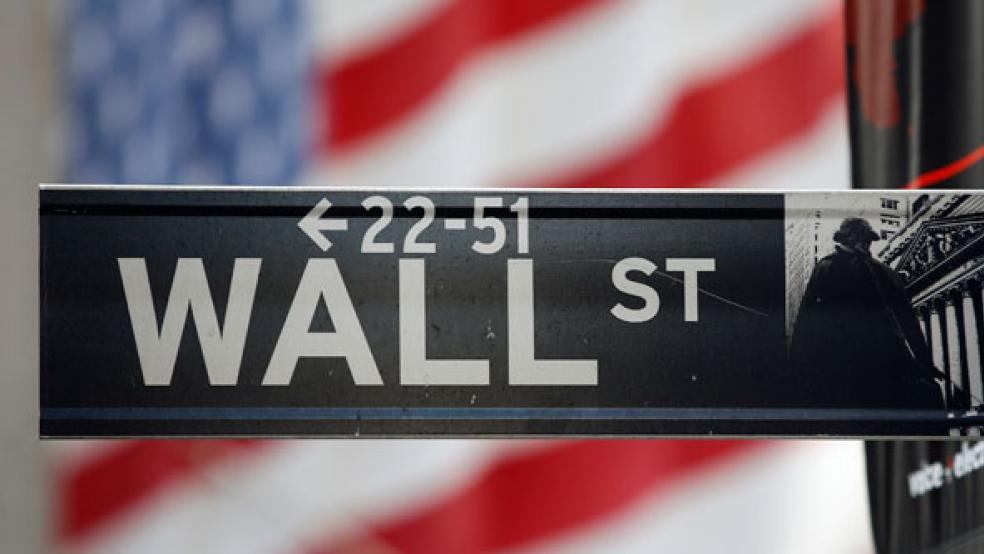Within hours, the apparently unending stream of 2012 presidential campaign rhetoric will finally be at an end – probably. But even before the inauguration festivities mark the swearing in of the victorious candidate, politicians of both political persuasions, outgoing and incoming, will have to turn their attention to resolving the budget impasse and find a way to avoid the toxic combination of automatic tax increases and mandatory, across-the-board spending cuts scheduled to kick in on January 1, 2013.

Both candidates have devoted tremendous time and energy over the course of the year to date to spelling out their respective visions for the United States. The problem? Whoever is elected is going to have a tough time moving forward on any front, much less delivering on pledges to transform the country on Day One of their presidency, if in the weeks that elapse between tomorrow’s poll and New Year’s Eve, they fail to avert catastrophe. If the United States manages to run its economy off the “fiscal cliff” like a particularly demented lemming, those grand visions of the future have even less chance than ever of materializing.
What does that mean for financial markets? For now, you can expect to read in pretty much every financial publication of your choice – this one included – an array of thoughtful and detailed opinions of which kinds of investments are likely to outperform or lag depending on the electoral outcome. A Democrat in the White House, but a Republican Congress? A Republican majority throughout Washington? A split in Congress, with the House dominated by one party and the Senate by the other? Simply analyzing the possible ramifications as of Wednesday morning is enough to keep policy and market junkies contented for weeks.
The problem with that is that it is all academic, at least in the short term. Because as soon as the election outcome is determined, you can be sure investors are going to be less concerned about its impact on the energy industry or the health-care sector than they are about the fiscal cliff.
And if you think that the stock market has felt volatile at times so far this year, you ain’t seen nothing yet.
The one safe bet is that volatility will increase in the short term as Congress reassembles to try to hammer out some kind of short-term agreement to prevent sequestration – those mandatory spending cuts – from taking place. And the odds are that, absent a degree of harmony on the part of those lawmakers that’s been rare in recent years, it is going to be tough for stocks and other “risk assets” to build on the gains they have recorded so far this year.
At the moment, the consensus is that a deal will be struck to avoid the fiscal cliff. While whoever wins the White House either won’t face re-election or won’t face it for another four years, members of the House will be back in front of voters again in only two years. And it’s unlikely that President Barack Obama wants to go down in history as the president who was unable to prevent economic catastrophe that could have been averted – or that his Republican challenger, former Massachusetts governor Mitt Romney, cares to begin his presidency with at least one arm tied behind his back.
Pragmatic self-interest is likely to drive politicians to carve out some kind of solution, even if it’s another short-term one.
That consensus is helping to provide a floor for the stock market at present. Without it, the slump in corporate profits and growing caution on the part of companies still announcing their third-quarter results would have put even more of a dent in stock market valuations. Now the question becomes the length and nature of the negotiations that must follow – and the kind of rhetoric that will emerge in the days following the election results.
The more rapidly those results are put to one side and legislators can get back to Washington and begin serious negotiations; the more smoothly those talks proceed; the less doomsday rhetoric emanating from either side; the greater the odds that the financial markets will remain somewhat calm. But as earnings season draws to a close, the markets’ focus will shift inexorably to Washington, in hopes that whoever inhabits the White House, it will be common sense that is the real victor.






